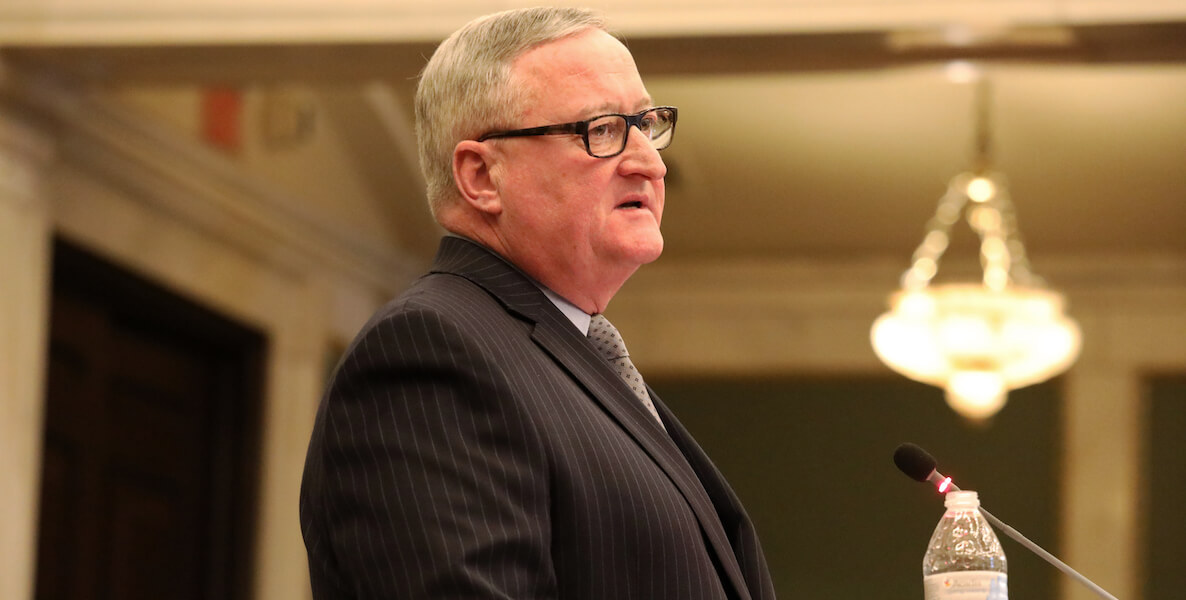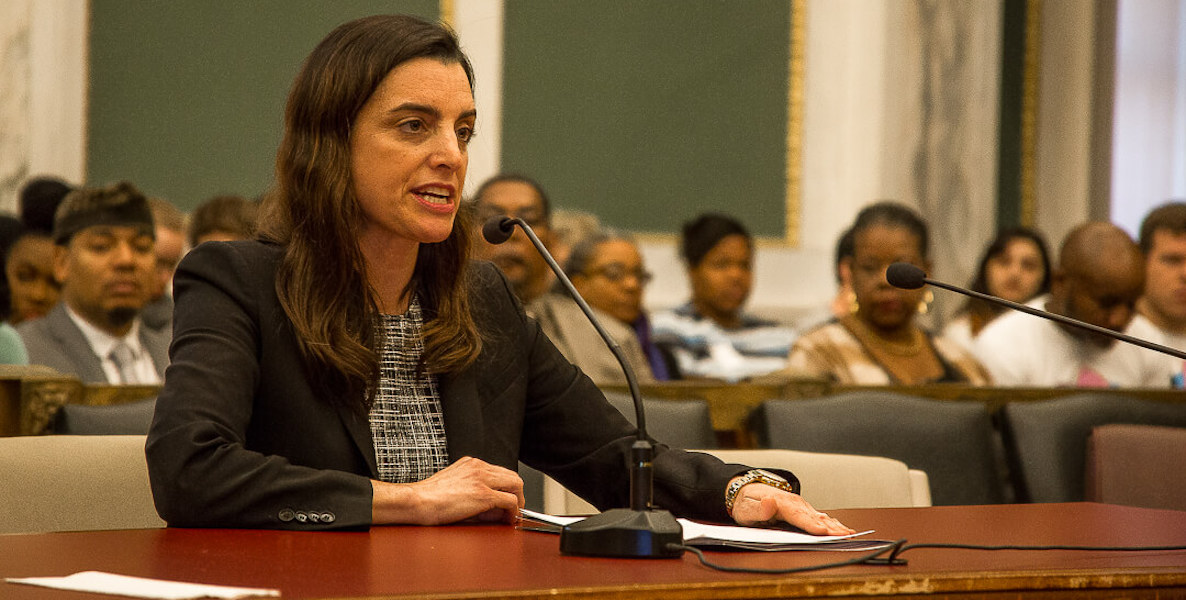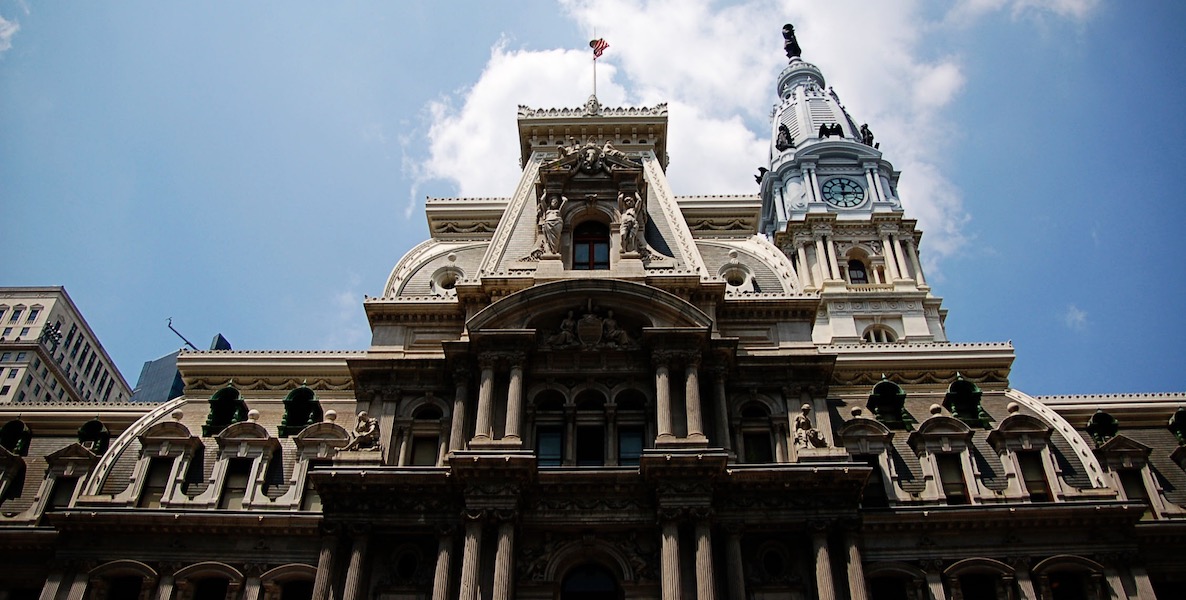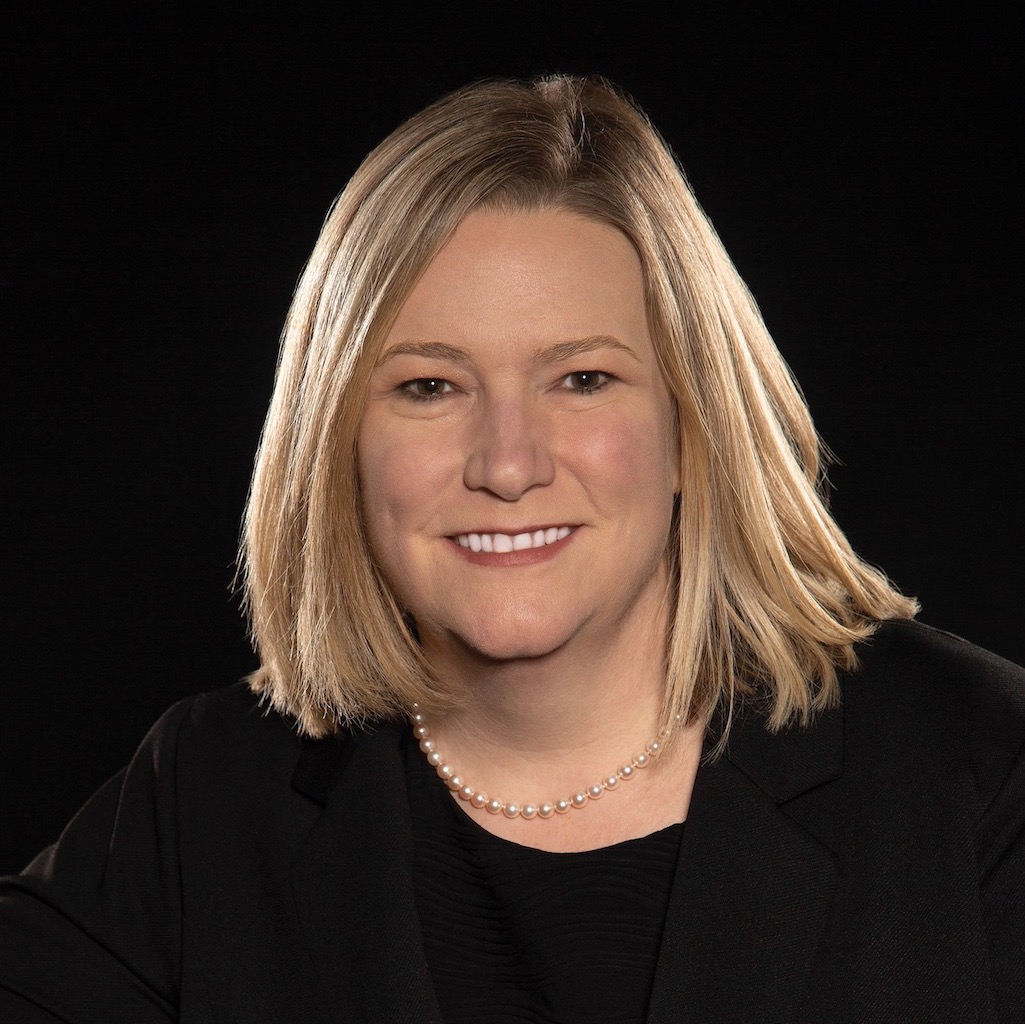![]() It’s a few weeks since Mayor Kenney unveiled his Covid-19 Doomsday budget, the one that, unlike in virtually every other city, raises taxes on working and middle class stakeholders in the midst of an economic freefall, and that decimates funding for programs ranging from the African American Museum in Philadelphia to the Office of Workforce Development to the Office of Arts, Culture and the Creative Economy.
It’s a few weeks since Mayor Kenney unveiled his Covid-19 Doomsday budget, the one that, unlike in virtually every other city, raises taxes on working and middle class stakeholders in the midst of an economic freefall, and that decimates funding for programs ranging from the African American Museum in Philadelphia to the Office of Workforce Development to the Office of Arts, Culture and the Creative Economy.
Ever since, despite loads of private handwringing, there has been precious little public conversation about whether Kenney’s plan is sufficiently strategic, as opposed to simply reactionary. For some reason, in the birthplace of American Democracy, we don’t talk a lot about the policy decisions that shape our lives and times.
Well, maybe that public conversation starts today, now that City Controller Rebecca Rhynhart, fresh from a two-week deep dive into the mayor’s proposal, has released an alternative budgetary vision, one that achieves the same savings as Kenney without raising taxes or eviscerating key programs.
![]() I called Rhynhart to walk me through her findings, but before hearing from her, a word of caution: In the past, when the controller has fulfilled her watchdog mission and critiqued this or that policy of the mayor (her former boss), the administration has often responded, Trump-like, by questioning her motives, as when mayoral spokesman Mike Dunn recently said of Rhynhart’s budgetary concerns: “[She] seems much more concerned with generating press as opposed to governing.”
I called Rhynhart to walk me through her findings, but before hearing from her, a word of caution: In the past, when the controller has fulfilled her watchdog mission and critiqued this or that policy of the mayor (her former boss), the administration has often responded, Trump-like, by questioning her motives, as when mayoral spokesman Mike Dunn recently said of Rhynhart’s budgetary concerns: “[She] seems much more concerned with generating press as opposed to governing.”
So, be wary. We face an economic collapse of historic proportions—that 25 percent of our population below the poverty line? What’s that climbing to?—and we need a smart strategy to recover, the first step of which entails a robust budget debate.
So, a challenge to you, dear citizen: If you see any questioning of anyone’s motive when it comes to a public conversation on how we move forward in such perilous times, call it out as just more political doublespeak meant to distract you and, instead, demand straight talk on the merits from any such spinmeister.
Okay, so what did Rhynhart conclude after a deep dive into Kenney’s budget? The following is an edited and condensed version of our conversation.
Larry Platt: So, it looks to me like you’ve gotten to the same number as Kenney without raising taxes or taking a sledgehammer to vital programs we’re going to need for a speedy recovery. Can you walk me through what you found?
Rebecca Rhynhart: Sure. We set out to go through the budget and see if we could find offsets in savings to avoid the tax increases the mayor proposes, which come to $107 million, between the city budget and the School District budget …
LP: Because a hefty property tax is being proposed to fund the schools, as well.
RR: That’s right. The Bloomberg Harvard City Leadership Initiative has put out guidance about how to govern during Covid, and the one best practice constant is that layoffs, raising taxes and severe cuts to services should be the last resort. So I just thought, “There must be a way to have this discussion, especially given that we’ve added $1 billion in new spending the last five years.”
So we needed to come up with $107 million to offset the mayor’s proposed tax increases, and that stretches to $120 million to also offset the most severe cuts, like cutting the Commerce Department by 85 percent, when that’s a significant department we’re going to need to help the city recover.
Rhynhart speaks to Larry Platt at a recent Citizen Virtual Town Hall about the merits of Kenney’s proposed budget cuts
LP: And what did you find?
RR: We found that, if you just think of the budget differently, the money is there. We came up with $123 million in savings. One of the biggest items is overtime reduction. We’ve talked about this before. Overtime has increased as staffing levels have also increased—that’s not supposed to happen.
![]() The city can save $45 million a year just by reducing the overtime levels to where they were in 2011. The Fire Department, for example, spent nearly $14,000 per employee on overtime in 2011; last year, it was $20,000. Overall, between 2011 and 2019, overtime spending per employee went from $6,000 to $8,000.
The city can save $45 million a year just by reducing the overtime levels to where they were in 2011. The Fire Department, for example, spent nearly $14,000 per employee on overtime in 2011; last year, it was $20,000. Overall, between 2011 and 2019, overtime spending per employee went from $6,000 to $8,000.
LP: And that’s while adding nearly 1,000 full-time employees in the last four years, right?
RR: That’s right, which is why we need a citywide overtime coordinator charged with reducing and containing it. It won’t be an easy thing to manage, but we owe that to taxpayers before increasing their taxes.
LP: So that’s $45 million. What else you got?
RR: The other big item is, for some reason, there is a budgeted deposit into a recession fund for $50 million. To me, we’re in the throes of an economic crisis right now. If you’re saying, we need, on the city budget side, to raise taxes by $50 million and we’re putting $50 million away for some future recession, well, that’s not right.
At our recent town hall event, Rhynhart spoke to Larry Platt about Mayor Kenney’s proposed tax increases in the midst of severe economic downturn
LP: This is the first I’m hearing of this. That’s $95 million right there.
RR: And then we’re recommending a $13 million lower budgeted increase to the Department of Human Services, keeping pre-K and Community Schools funding at their ’20 levels.
LP: So, wait, that sounds like a cut to Pre-K, no?
RR: No, absolutely not. It is actually giving enough funding to pre-K to meet what the mayor says he wanted in ’20 funding, which is 3,300 pre-K seats. In other words, the increase to DHS was $13 million more than what was needed to fund pre-K and Community Schools at their ’20 levels.
LP: Okay, we’re at $108 million.
RR: I’ve also identified $8.3 million in savings in the form of one-time IT costs to outfit 400 North Broad as the new police headquarters. Now that we’re in this crisis, we’re recommending delaying that and pushing those costs off.
And, then, finally, there’s $6.7 million budgeted for deposit into a labor reserve fund for future wage increases.
The Bloomberg Harvard City Leadership Initiative has put out guidance about how to govern during Covid, and the one best practice constant is that layoffs, raising taxes and severe cuts to services should be the last resort.
LP: Wait, really? With this crisis already looming, the mayor just gave out raises to all four municipal unions, didn’t he?
RR: Yes, and to set aside more money for additional wage increases at this time is just not appropriate.
LP: Okay, you’ve gotten us to $123 million. By the way, the mayor has said there would be a couple of hundred layoffs, but are they identified in his budget proposal? Should there be layoffs?
RR: How many are budgeted to be laid off, or which departments, are really not clear from looking at the budget. Notifications of layoffs have started going out, which is very concerning, since instituting layoffs before the budget process is completed is not a best practice. Other cities, like Dayton, Ohio, are using furloughs instead. They’re temporary, and they allow the employee to keep their health insurance and collect unemployment.
LP: And now that means an additional $600 per week.
RR: Right. Furloughs are more strategic than layoffs, because they’re temporary and you can get workers back quickly to their jobs when you’re trying to recover.
LP: So let me say how valuable a lot of this digging is. I pay close attention to this stuff, and I had no idea about many of the line items you’ve highlighted. This is what we have a controller for, obviously. But I still have a concern. Our problems go beyond this one budget, and extend into the realm of vision and strategy and, literally, who gets to have input into the future of Philadelphia. This doesn’t address our biggest threat, I fear.
RR: No, you’re right, I’ve been calling this a transition budget. We have to have a balanced budget by the end of June, and so we have no time to do the deep-dive analysis in the next month to do what you’ve written about.
I completely agree with you. But let’s get through this transition budget with the![]() least adverse effect on Philadelphia, and then let’s move to something like Activity Based Budgeting, and let’s do what you’ve argued for, bring in leaders from the business and civic community, open our books and ask, “How can we do better?”
least adverse effect on Philadelphia, and then let’s move to something like Activity Based Budgeting, and let’s do what you’ve argued for, bring in leaders from the business and civic community, open our books and ask, “How can we do better?”
LP: I’ve written a lot about Zero-Based Budgeting—what’s Activity-Based Budgeting?
RR: It shares a premise with Zero-Based—basically, let’s start from scratch. That guidance from Harvard and Bloomberg I mentioned talks about this. It involves breaking departments down into their activities and judging whether they work or not. It’s about funding what government actually does on the basis of how it does it.
Whether you call it Zero-Based or Activity-Based, I’m saying our funding choices should be driven by looking at every activity the city undertakes, every program it funds, and asking if it’s accomplishing its goal? Is it driving the city forward?
LP: Thanks, Rebecca. One last question, and it goes to the question of your motive. What are you hoping to accomplish with these budget recommendations?
RR: To start a conversation. I’m not saying adopt my ideas. But let’s talk about this, because we’re facing a huge challenge.
Photo courtesy Jared Piper / Philadelphia City Council







